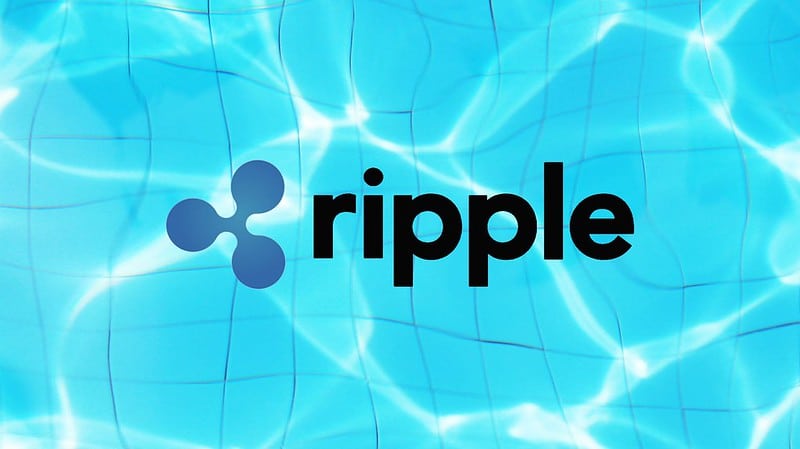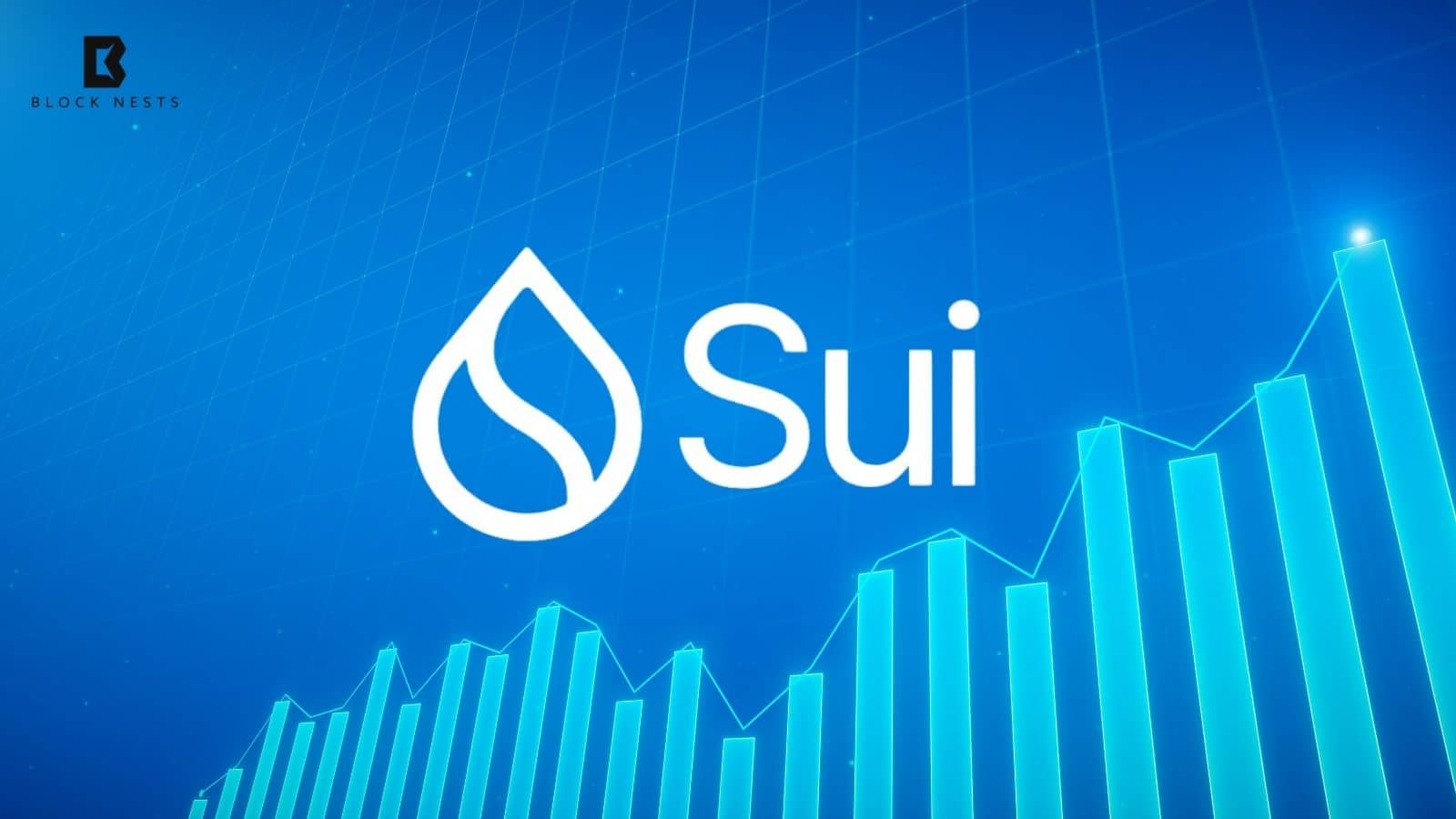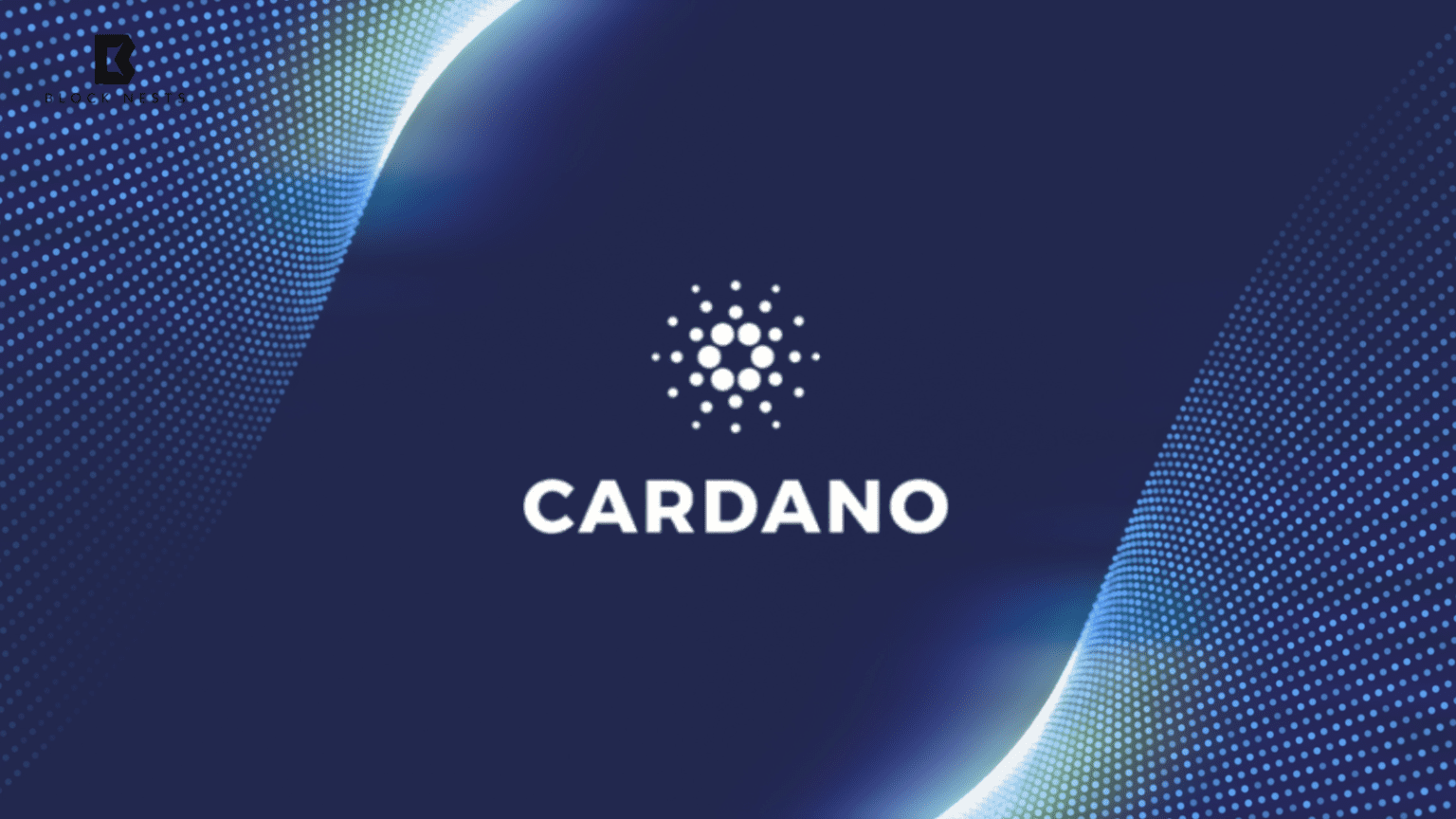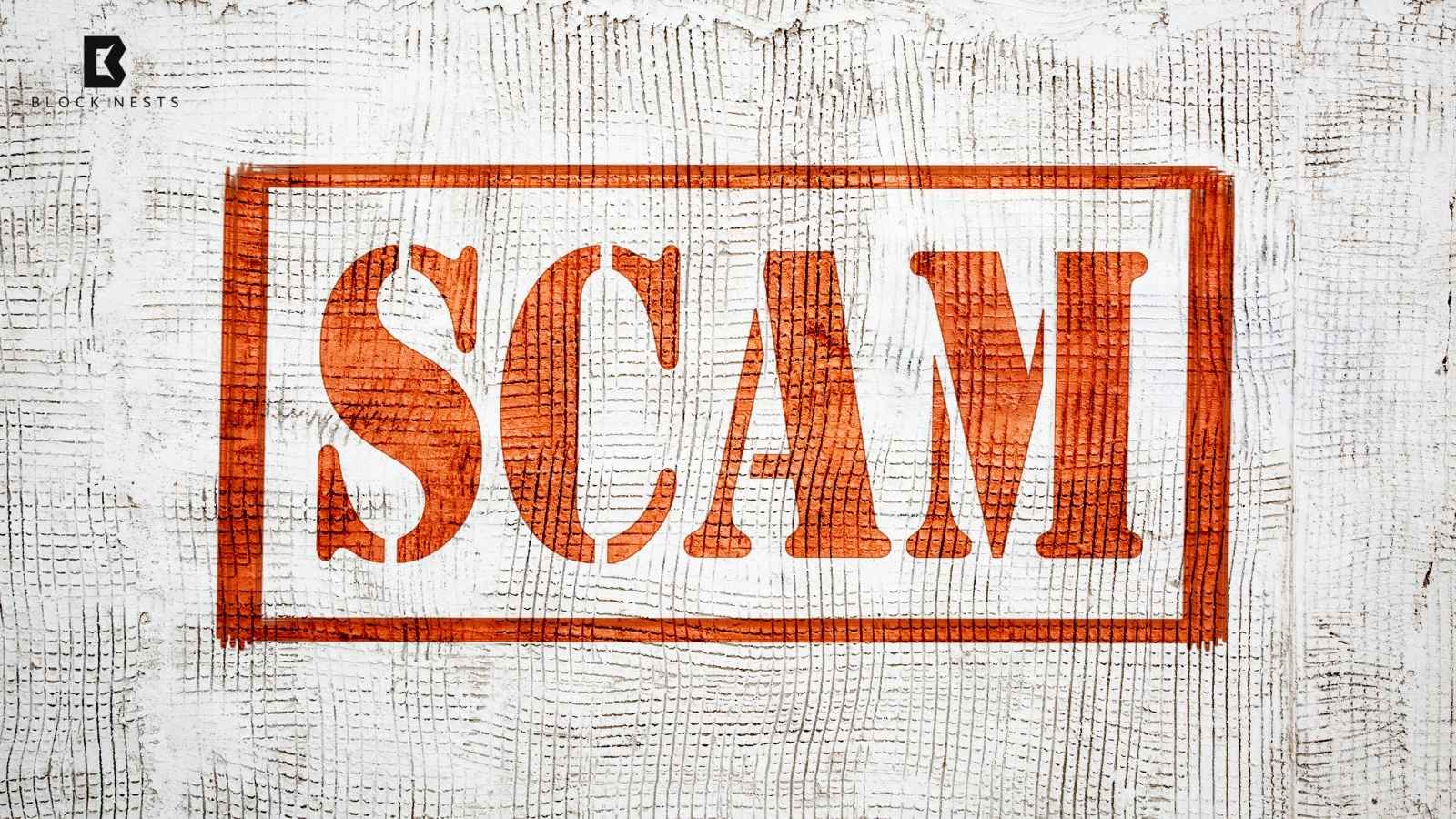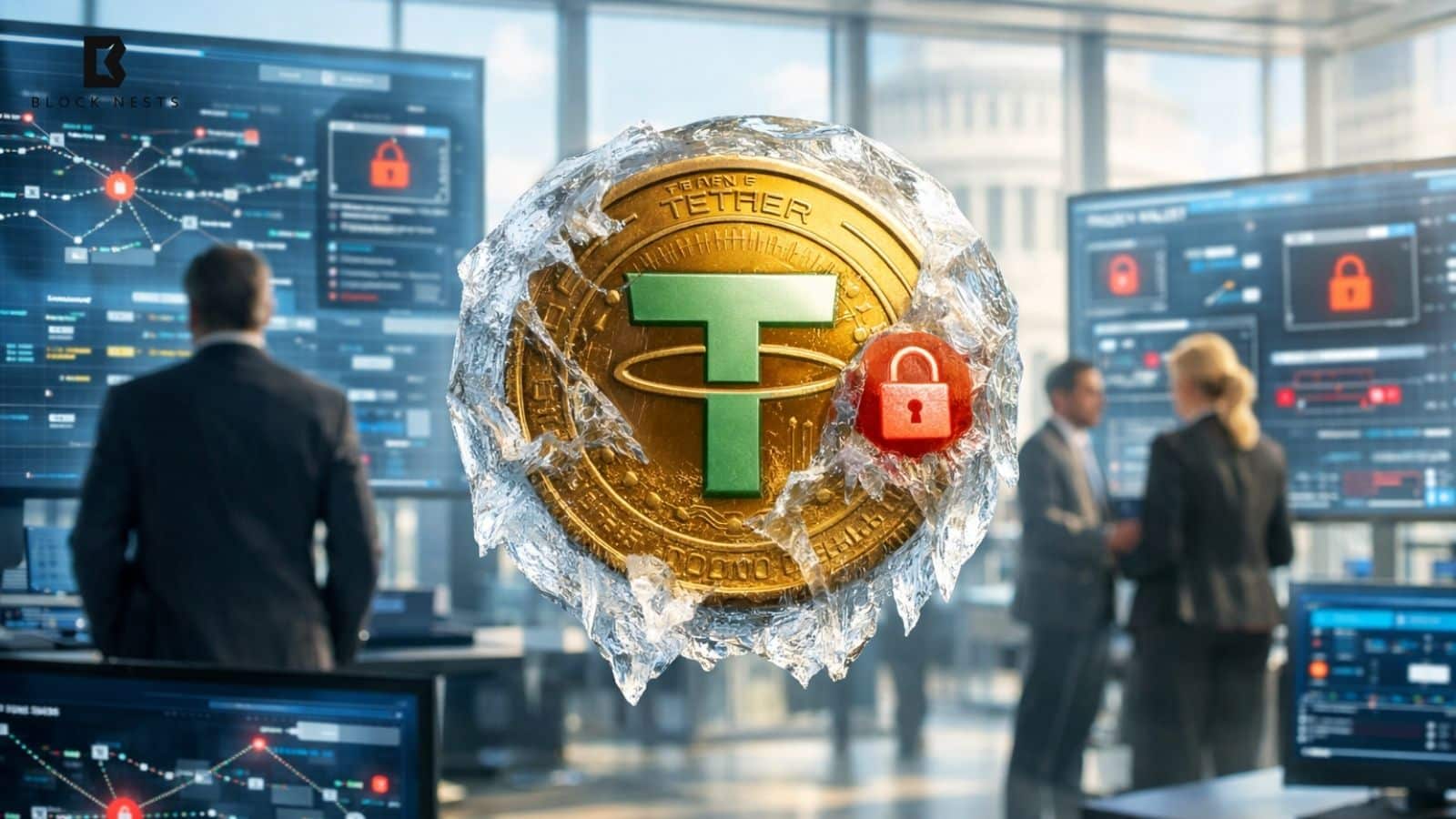- Ripple’s partnership with Unicâmbio modernizes payments between Portugal and Brazil.
- Ripple’s secure and affordable solution reduces fees and speeds up transactions.
- Europe’s regulatory framework boosts the adoption of digital assets.
Ripple has partnered with Unicâmbio in Portugal to revolutionize cross-border payments, particularly between Portugal and Brazil. This corridor has traditionally been plagued by slow, expensive payment systems, making transactions costly and time-consuming for businesses and individuals.
Ripple is accelerating crypto adoption in Europe. https://t.co/pPtSdSi2NU
— Ripple (@Ripple) March 5, 2025
The recent launch of Ripple Payments in Portugal with Unicâmbio modernizes cross-border payments, offering secure, transparent, and real-time transactions.
As European finance leaders explore crypto…
With this new partnership, Ripple offers a crypto-powered payment solution that ensures faster, cheaper, and more transparent transactions. Using this technology, Unicâmbio’s corporate clients can now send funds in minutes, 24 hours a day, seven days a week.
Enhances Payment Efficiency
Ripple’s platform significantly reduces the number of intermediaries in each transaction. This streamlining lowers transaction fees and minimizes points of failure, providing a more efficient payment experience. With near real-time settlements, businesses will manage their cash flow better. It offers full visibility into fees and transaction status.
This transparency ensures companies can confidently plan and execute cross-border payments. Ripple’s solution is secure, fully compliant with global regulations, and designed to meet the needs of businesses in the ever-evolving digital asset landscape.
Ripple Partners European Giants to Boost Adoption
Ripple’s expansion into Portugal marks one of its many efforts to cement its position in Europe. The company has partnered with several leading European financial institutions, including DZ Bank and BBVA Switzerland. Ripple’s growing presence in Europe comes when the region becomes a central hub for blockchain and digital asset adoption, largely due to a more structured regulatory environment.
The Markets in Crypto-Assets Regulation (MiCA) has provided a framework that fosters innovation while offering legal clarity, encouraging more businesses to explore blockchain-based solutions. Ripple’s recent event in Lisbon gathered industry leaders to discuss the future of digital payments, stablecoins, and the tokenization of real-world assets.
These discussions show that Europe is ready to embrace a digital-first financial future. With over 90% of European finance leaders open to adopting crypto solutions, Ripple plays a significant role in shaping the region’s future of cross-border payments and digital asset integration.
Related Reading: Will Bitcoin (BTC) Hold $90K, or Is a Major Drop Coming?
How would you rate your experience?
